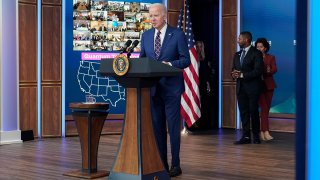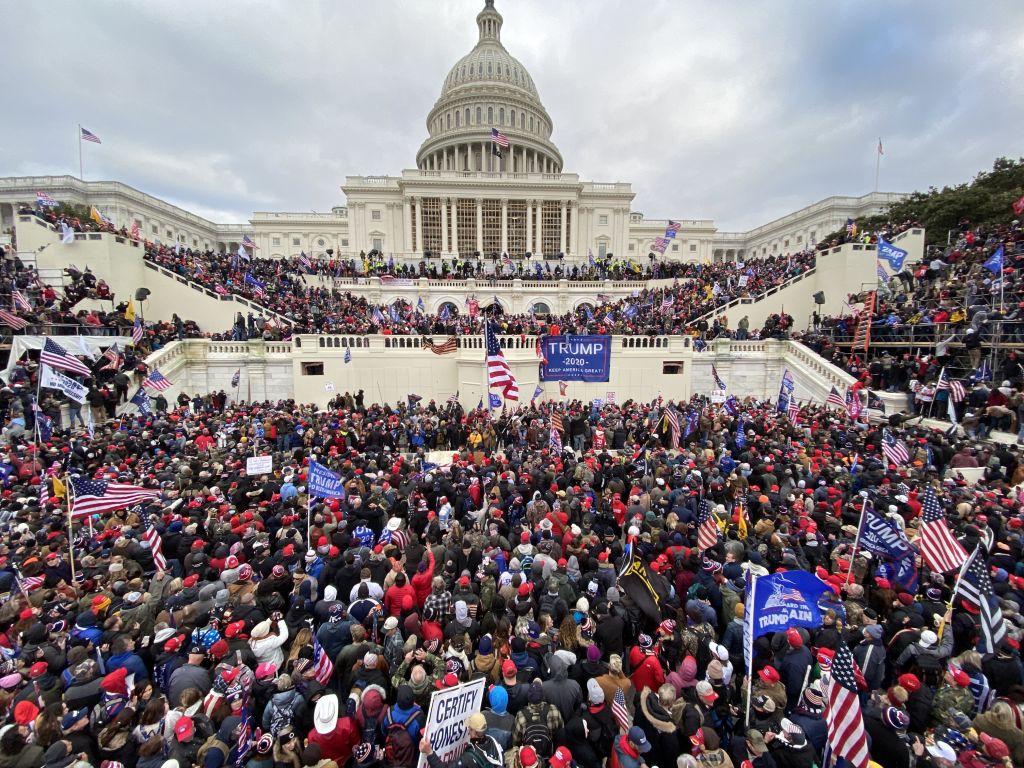
The Biden administration on Monday designated 31 technology hubs spread across 32 states and Puerto Rico to help spur innovation and create jobs in the industries that are concentrated in these areas.
“We’re going to invest in critical technologies like biotechnology, critical materials, quantum computing, advanced manufacturing — so the U.S. will lead the world again in innovation across the board,” President Joe Biden said. “I truly believe this country is about to take off.”
The tech hubs are the result of a process that the Commerce Department launched in May to distribute a total of $500 million in grants to cities.
The $500 million came from a $10 billion authorization in last year’s CHIPS and Science Act to stimulate investments in new technologies such as artificial intelligence, quantum computing and biotech. It’s an attempt to expand tech investment that is largely concentrated around a few U.S. cities — Austin, Texas; Boston; New York; San Francisco; and Seattle — to the rest of the country.
Get top local stories in DFW delivered to you every morning. >Sign up for NBC DFW's News Headlines newsletter.
“I have to say, in my entire career in public service, I have never seen as much interest in any initiative than this one," Commerce Secretary Gina Raimondo told reporters during a Sunday conference call to preview the announcement. Her department received 400 applications, she said.
“No matter where I go or who I meet with — CEOs, governors, senators, congresspeople, university presidents — everyone wants to tell me about their application and how excited they are,” said Raimondo.
The program, formally the Regional Technology and Innovation Hub Program, ties into the president's economic argument that people should be able to find good jobs where they live and that opportunity should be spread across the country, rather than be concentrated. The White House has sought to elevate that message and highlight Biden's related policies as the Democratic president undertakes his 2024 reelection bid.
U.S. & World
The 31 tech hubs reach Oklahoma, Rhode Island, Massachusetts, Montana, Colorado, Illinois, Indiana, Wisconsin, Virginia, New Hampshire, Missouri, Kansas, Maryland, Alabama, Pennsylvania, Delaware, New Jersey, Minnesota, Louisiana, Idaho, Wyoming, South Carolina, Georgia, Florida, New York, Nevada, Missouri, Oregon, Vermont, Ohio, Maine, Washington and Puerto Rico.



